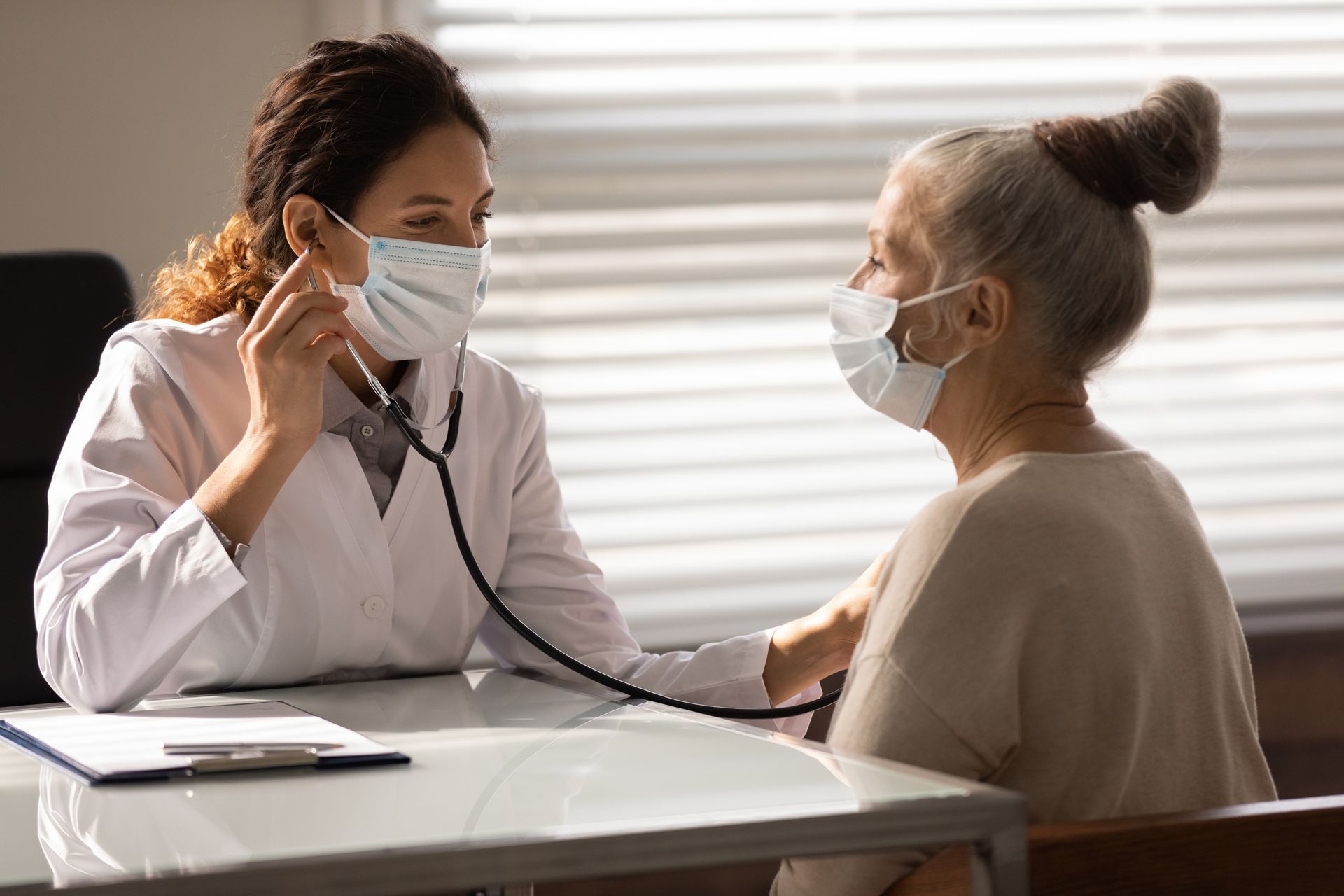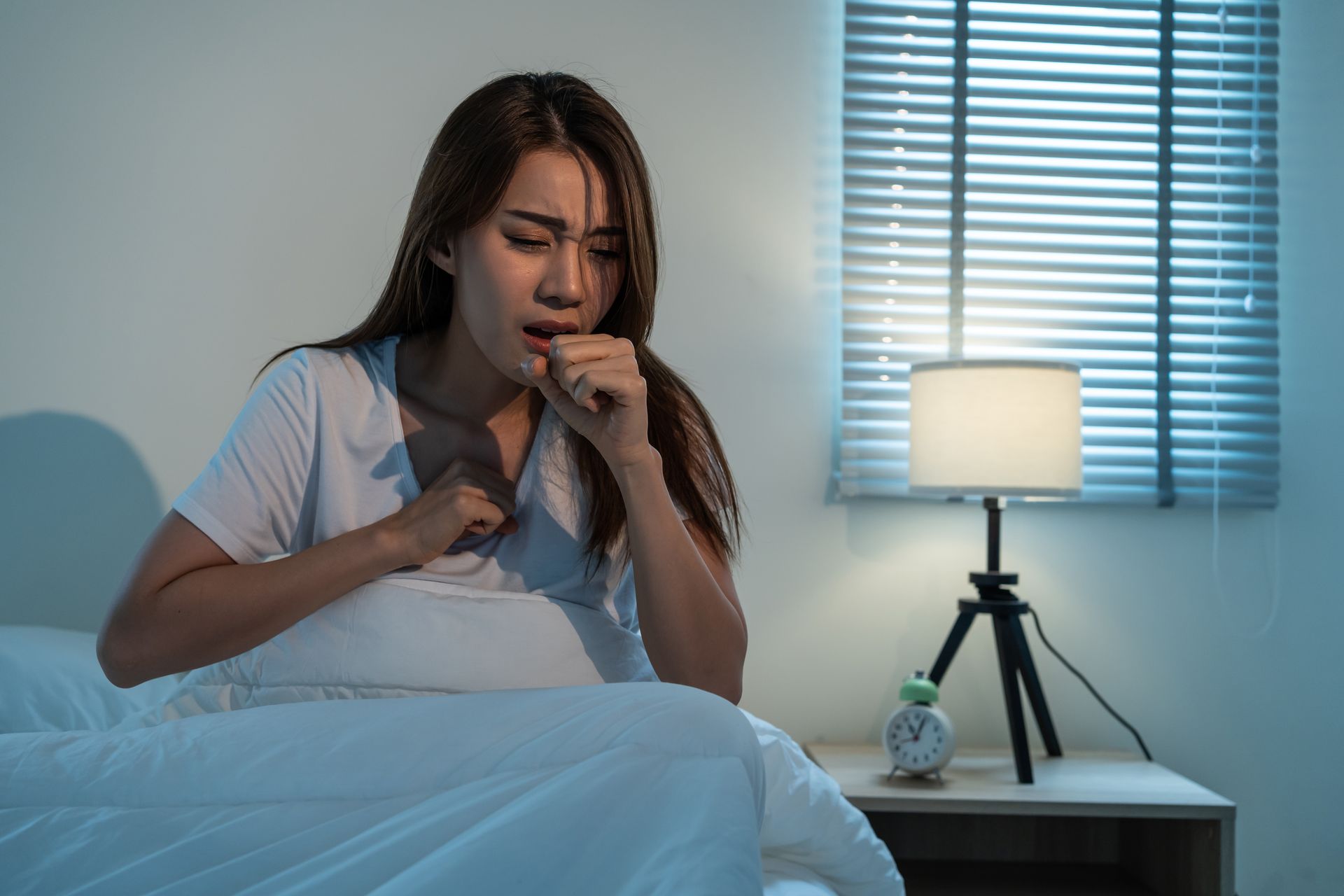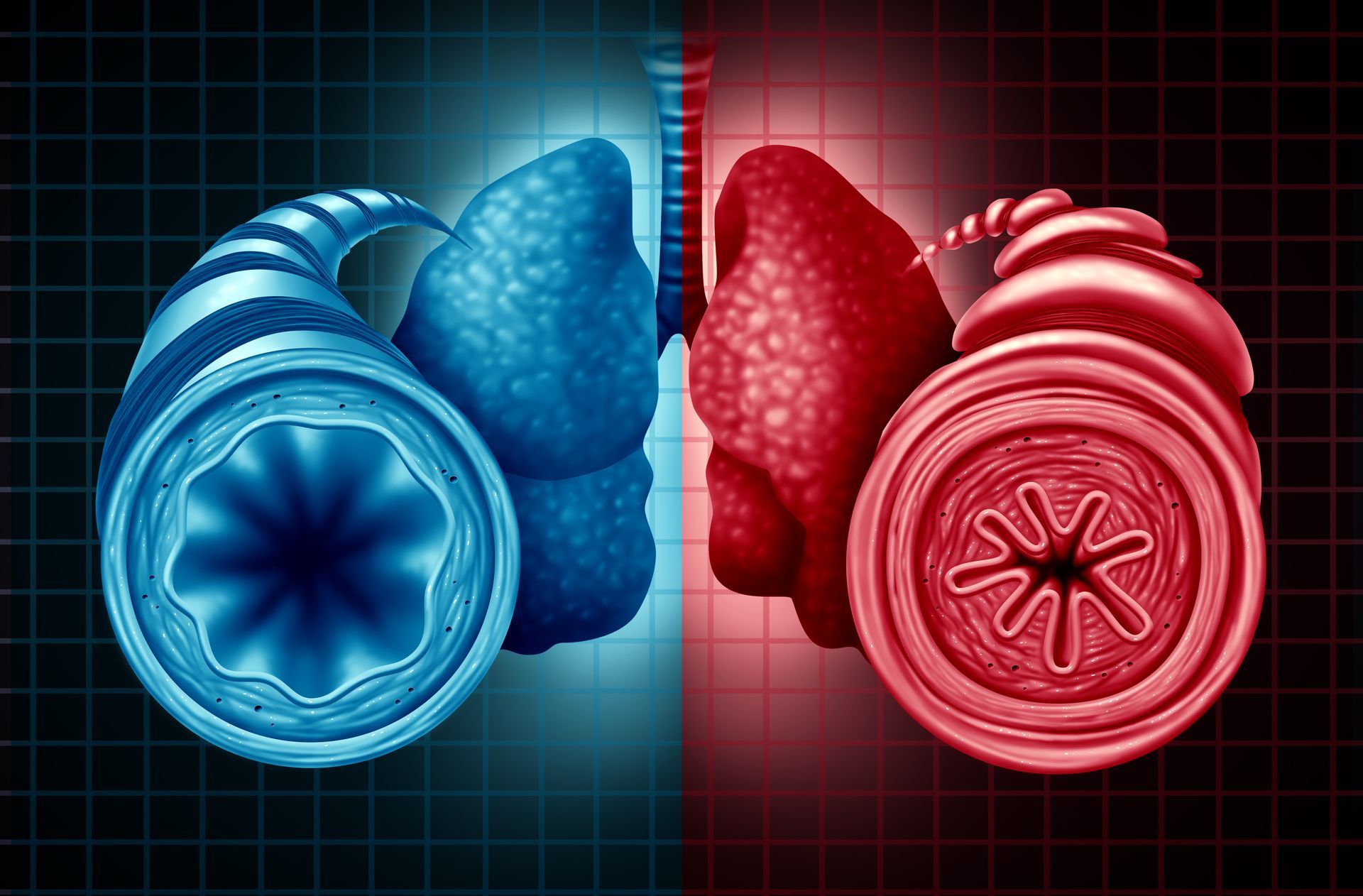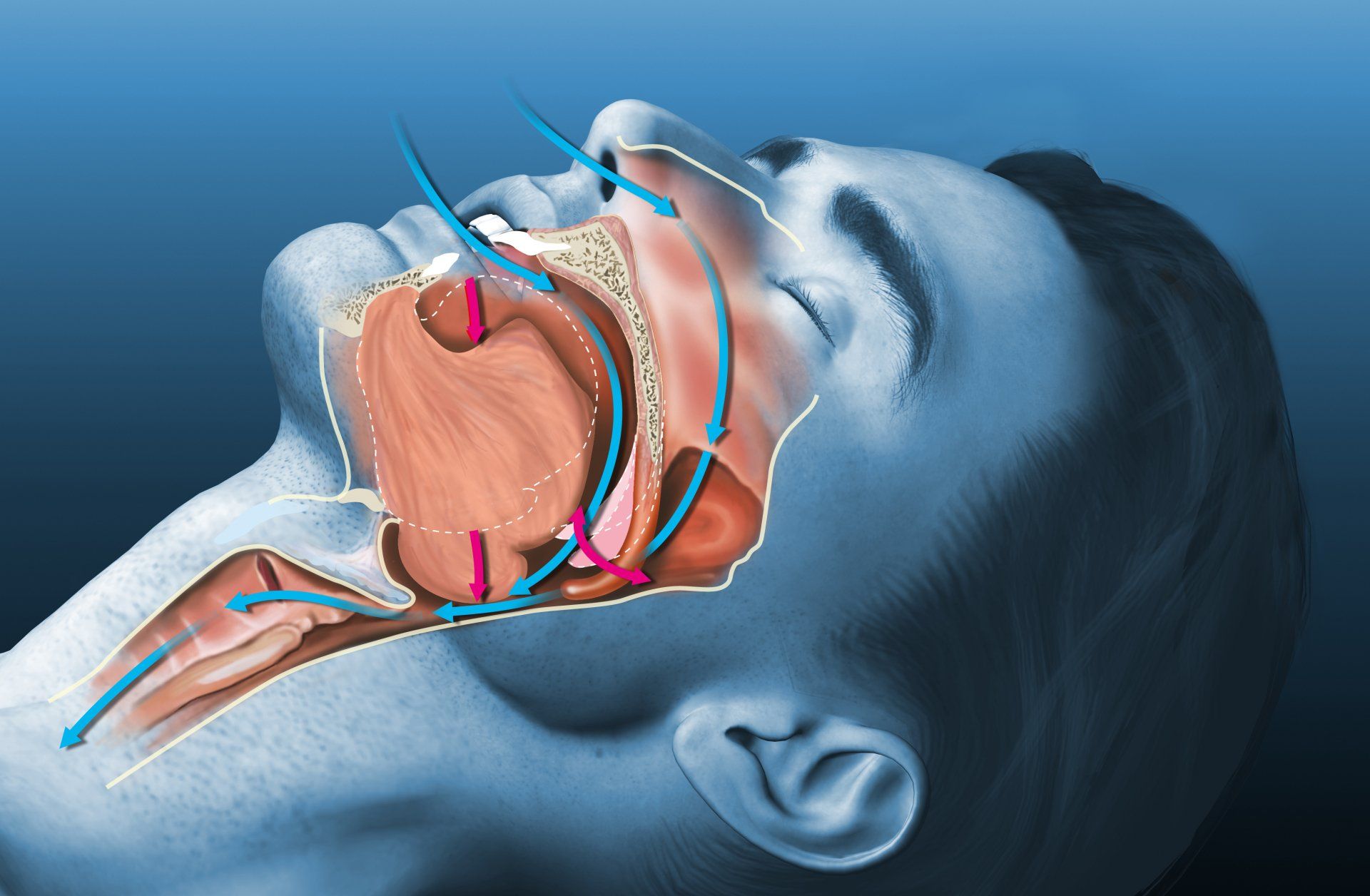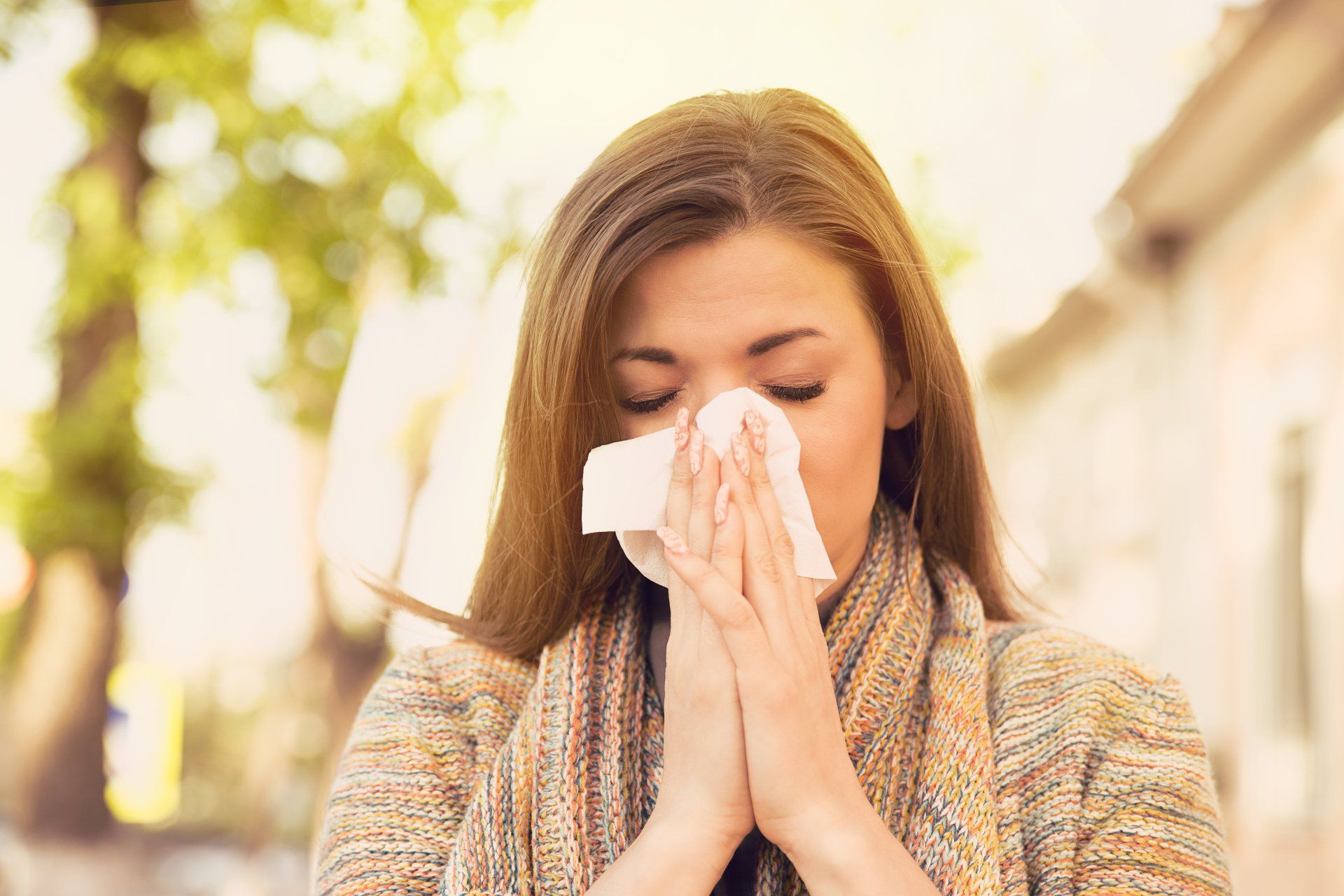What Are The Symptoms Of Food Allergy?
When it comes to the topic of food allergies, most Singaporeans will brush it off as simply having rashes or itchiness after consuming certain foods.
However, while the majority of food allergy sufferers will only experience mild symptoms, it is important to understand food allergies and their potential for more rapid and serious symptoms.
In fact, the signs and symptoms of a food allergic reaction may occur almost immediately after eating or more often within 20 minutes to 2 hours after eating.
For more severe cases of food allergy, a rapid onset and development of potentially life-threatening symptoms are characteristic markers of anaphylaxis which can involve the respiratory or cardiovascular system.
In this article, let's talk about how food allergies arise, common food allergens in Singapore, common symptoms and the various ways to diagnose food allergies. We'll also touch on how an allergy specialist can advise you to better manage your food allergies.
How Do Food Allergies Occur?
To put it simply, a food allergic reaction is due to your immune system responding to substances (most commonly proteins) within food.
Why does this happen? Well, our immune system protects us from bacteria, viruses, and other foreign invaders. However, sometimes it overreacts to substances that are not normally harmful to the body, causing an allergic reaction.
In this instance, the culprit food that triggers the allergic reaction is called an allergen.
A common reason why allergic reactions are visible on the skin is due to the immune cells present in the lining of the skin, gut, lungs, nose, and eyes. These are called mast cells and they contain special inflammatory molecules called histamine and cytokines.
When an allergen is detected, mast cells are triggered to release histamine and cytokines into the tissues, causing the symptoms of an allergic reaction.
What Are The Symptoms Of Food Allergy?
Food allergy symptoms usually develop within a few minutes to two hours after eating the offending food, and reactions can range from mild to severe.
For most people, an allergic reaction to a particular food may be uncomfortable but not severe. However, sometimes an allergic food reaction can be life-threatening and extremely distressing.
Common food allergy symptoms include:
- tingling or itching in the mouth
- hives, itching or eczema
- swelling of the lips, face, tongue and throat or other parts of the body
More severe symptoms can manifest as:
- wheezing, nasal congestion or trouble breathing
- severe abdominal pain, diarrhoea, nausea, or vomiting
- dizziness, light-headedness, or fainting.
How Do I Diagnose Food Allergy Safely?
If you think you have a food allergy, your GP is the best place to start. Your GP might refer you to an allergy specialist in Singapore .
These checks and tests can be split into two common methods, such as:
Immediate-onset food allergies
Tests for immediate-onset allergies include the following:
Skin-prick test
Your skin is pricked with a special device that looks a bit like a small toothpick and that contains a drop of a specific allergen. If a wheal comes up where your skin has been pricked, you are likely to be sensitised to that specific food allergen. |
Blood tests
The serum specific antibody test uses your blood to see if you are sensitive to specific allergens. If your blood has a high amount of antibodies, you are likely to be sensitised to that specific allergen .
Oral food challenge
Sometimes you will be given the possible allergen in a safe, supervised setting. This is usually carried out if the history of food allergy is uncertain and the indication is to prove that the suspected food can be tolerated by the patient. Medical and nursing staff will watch to see whether an allergic reaction happens. This test carries a risk of anaphylaxis so it should be conducted only by medical specialists in a setting where allergic reactions can be recognised promptly and treated quickly.
Delayed-onset food allergies
Some food allergies may have delayed reactions (onset more than 4 hours after consumption). If you have such a condition, the diagnosis usually happens through an ‘elimination and rechallenge’ test.
This involves removing possible allergy-causing foods from your diet, then reintroducing them when your allergy specialist thinks it’s safe to do so. You reintroduce only one food at a time so that it is easier to identify the food that’s causing the issue.
Are you experiencing symptoms of food allergy? Get specialist care at Respiratory Medical Associates
Respiratory Medical Associates is an established specialist group that has expertise in the diagnosis and treatment of adult allergy conditions.
Our respiratory allergy specialists are certified to be able to effectively diagnose allergies accurately as well as providing you guidance on how to overcome it.
With the rise of Covid-19, we have taken stringent steps in ensuring our patients and staffs' safety by going above and beyond the mandated protocols.
In addition, we also treat chronic disorders such as asthma, chronic obstructive pulmonary disease (a lung disease caused by smoking), lung fibrosis, obstructive sleep apnoea, as well as food and drug allergy.
Enquire now at https://www.respmed-associates.sg/







